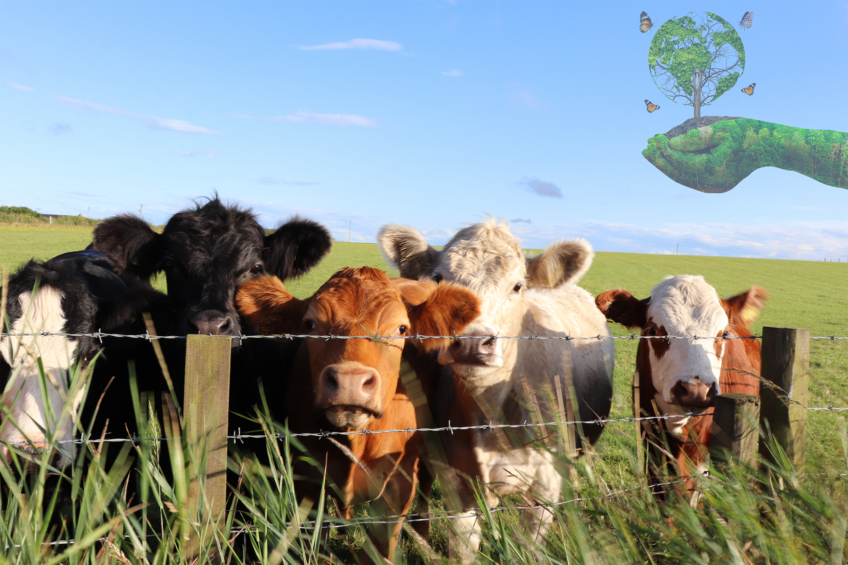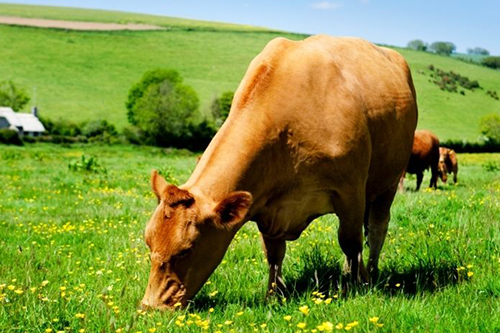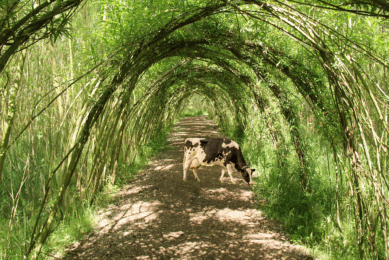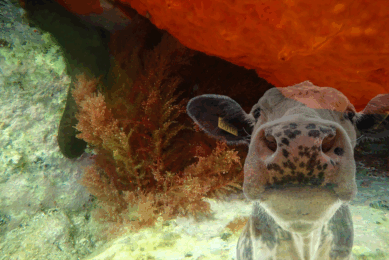AI set to revolutionise beef sector in UK

Artificial intelligence is set to help transform the UK beef sector with new research looking to improve feed efficiency, reduce greenhouse gas emissions, enhance animal welfare and increase profitability.
The £1.2m UKRI-funded BeefTwin project, led by Professor Xiao Ma, director of the Centre for Business and Industry Transformation (CBIT) at Nottingham Business School, part of Nottingham Trent University, will combine expertise in biosciences, environmental sciences, management sciences, computer sciences, and animal sciences.
Experts from the University of Nottingham; Royal Holloway University; the University of Sheffield, and the University of Lincoln will work across disciplines to leverage AI and data-driven technologies to address the urgent challenges facing the UK beef industry.

Beef sector contributes to greenhouse gas emissions
Beef farming significantly contributes to global greenhouse gas emissions, with annual emissions totalling 4 billion metric tons, according to the FAO.
UK beef farms also face low profitability due to factors like inconsistent beef quality, lack of precision farming practice, and power imbalance and loss of value within the supply chain.
In addition, grazing beef farming makes it difficult to collect real-time data on animal health, feed conversion, and environmental impact.
We are seeing a worrying trend where industries are being outsourced to other countries, and if we don’t act quickly, we risk losing beef farming to the same fate.
Real-time data
BeefTwin will develop an AI-powered DigitalTwin for each cow in the herd – creating a virtual representation of the farming system which involves the usage of real-time data, simulation, machine learning and real time tracking of emissions.
The project will integrate the expertise of scientists from different disciplines to measure conversion rates taking place in the farm and develop a more efficient model through reconfigured farming practices. These include:
- Biology focused microbial analysis of cattle waste to understand feed conversion to productivity in terms of meat and methane emissions (Dr Ellen Nisbet, University of Nottingham)
- Environmental science centred analysis to track methane emissions and identify their sources using drones, sensors and methane analysers (Dr Rebecca Fisher, Royal Holloway University)
- Working closely with farmers to identify the wider socioeconomical issues and different grazing patterns of the cattle and assess the impact on productivity and efficiency of the farm (Professor Louise Manning, Lincoln University)
- Computer science and AI centred study to leverage sensor and computer vision data to empower precision measurement on cattle weight, behaviour, growth patterns, farming practice variations and methane emission tracking (Professor Jungong Han, University of Sheffield)
- A management sciences centred team at NTU will closely monitor the changing dynamics of the farming practices from data and create a new reconfigured smart farming model representing efficient and optimised conversions that benefit the entire farming value chain (Professor Xiao Ma and Dr Fatima Gillani, Nottingham Trent University)
The results will contribute to the development of new farming practices, where operations are simulated and optimised to improve resource efficiency and profitability for farmers. This will lead to reduced GHG emissions from the farm; improved feed conversion efficiency; increase beef farming productivity; and enhanced animal welfare and reduced calf mortality rates.
The BeefTwin project aims to collaborate with farmers, policymakers, and industry experts throughout to ensure practical and impactful solutions.
Professor Ma, said: “The beef industry in the UK, and Europe, is facing a number of challenges and competition from smart farming nations such as South America and Southeast Asia, where they have upskilled rural communities and seen their profitability increase.
“Due to yield-driven beef grading, the industry’s low margins, and value being extracted later in the food supply chain, for example by supermarkets and abattoirs, UK farms often rely on subsidies to survive, and authorities are required to finance the industry.
“We are seeing a worrying trend where industries are being outsourced to other countries, and if we don’t act quickly, we risk losing beef farming to the same fate. The UK needs to catch up and if we do it right then we can protect our small farm model and keep local people in their farms by improving the value chain and making farming self-sustainable.
“By fostering collaboration and innovation, BeefTwin aims to create a more environmentally friendly, economically viable, and socially responsible future for beef farming.”
BeefTwin – AI-powered Digital Twin for Sustainable Beef Farming will work with farms across the UK for two years, Those wishing to take part should email cbit@ntu.ac.uk











